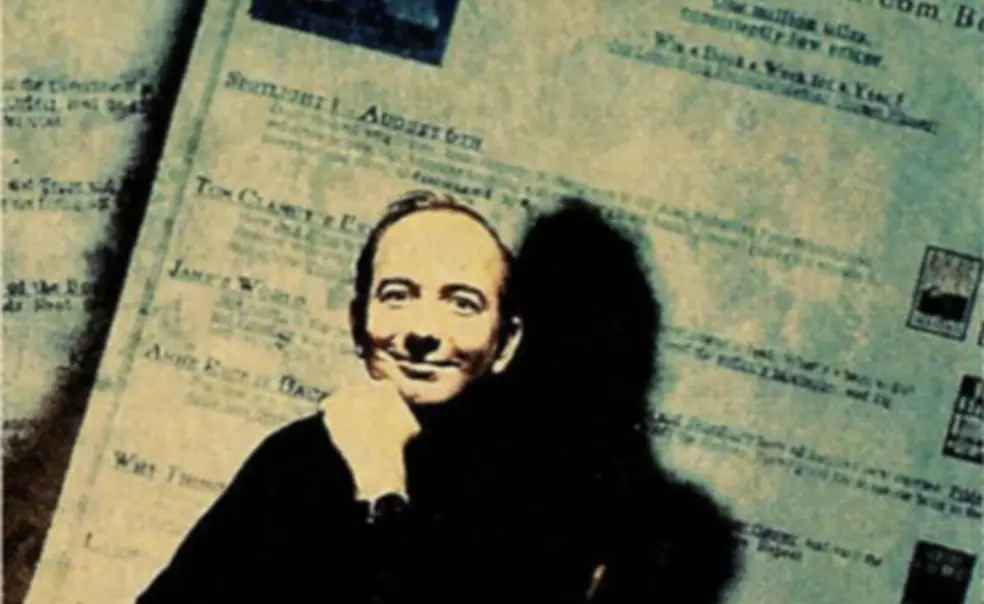Editor’s Note on Jeff Bezos ’86 and Meg Whitman’77
While working for a magazine in Salt Lake City in 1993, I was lucky enough to sit in on an interview with the original graphic designers of Wired magazine. (I had never heard of Wired, but out art director assured me it was on the cutting edge and showed me the fluorescent colors and hard-to-follow copy to prove it.) The two spent 45 minutes telling us how the “Internet,” of which I was unaware, was going to change the world, how within a year everyone would have e-mail, how communications would never be the same. Harrumph, I thought. I am an educated, computer-literate person. Heck, I even have a 386 PC at home. If I don’t have e0mail, I hardly think the nation will be “wired” overnight.
Within a year, of course, I was on e-mail. Several months later, a student intern showed me how to find news on the Internet. And then our administrative assistant showed me how to buy books on the Web. “Amazon rocks,” she said.
Amazon’s still rocking after five years, shaking up e-commerce as well as financial markets with its exuberant growth and blithe disregard of conventions such as profit.
It’s something of a surprise that behind all this earth and cyberspace rattling is a Princeton alumnus, mild-mannered Jeff Bezos ’86, whom we profile beginning on page 16. The university is much better known for producing government power brokers – George Shultz ’42, James Baker ’52, Bill Bradley ’65 come to mind – than it has been for turning out high-profile entrepreneurs.
But Bezos is just one of a growing number of Princetonian Internet pioneers. In fact, in Louis Rukeyser ’54’s Money Guide 2000 television special, he interviewed five CEOs who are, he said, “changing the world.” Two – Sun Microsystems’ Scott McNealy and Yahoo!’s Jerry Yang – came from Stanford. But two, Bezos and eBay’s Meg Whitman ’77 (whose profile begins on page 20), are Princeton alumni. And at the time of the taping, the CFO of the fifth company, Citigroup, was Heidi Miller ’74, who left Citigroup in February to join priceline.com.
Bezos told Rukeyser that even he still buys half his books at land-based stores. “I like to hear the bindings creak, I like to smell the paper,” he explained. Me, too. I also need to see the cover, read the jacket copy, skim the first page to make sure I haven’t read the story already. I can’t believe that, even with all the changes in technology being spearheaded by Bezos and Whitman and other Princetonians, that will ever change.
But I’ve been wrong before.
This was published in the April 19, 2000 issue of PAW.












No responses yet